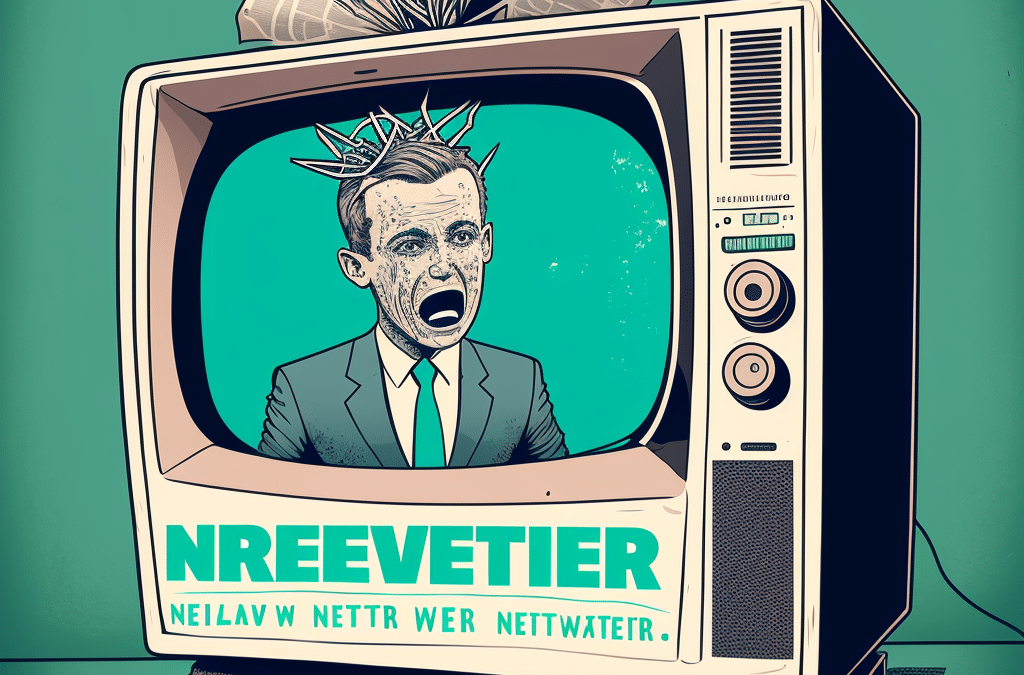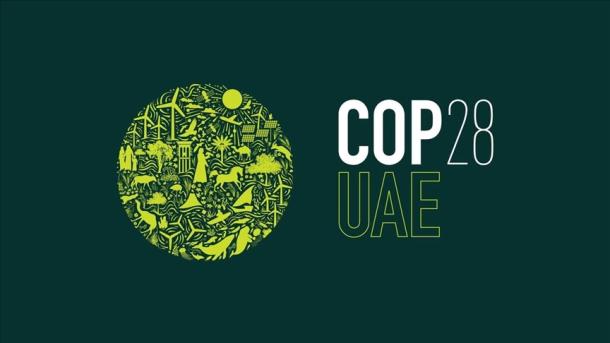As we rush headlong into the Anthropocene age, when humans dominate and disrupt the earth and its natural systems, governance of evolution becomes increasingly imperative. “Sustainable development” of some sort will be necessary, as well as new economic theory to back it up. “Ecological economics” is a prime candidate for titling this new economics.
This introduction is provided by several long-time leaders in the field—notably Robert Costanza, co-founder of the International Society for Ecological Economics in 1989 and author or co-author of over 500 articles and 27 books, and Herman Daly, who has touted “steady-state economics” for more than 40 years. It not only offers a compact overview of the principles of ecological economics, but an outstanding survey of planetary boundaries and the troubled human condition, an illuminating historical view of the co-development of economics and natural science, and a long concluding section on needed institutions and policies.
If there is a single take-away idea from this important book, it is the necessary transition from “Empty-World Economics” (relatively few people and abundant natural capital) to “Full-World Economics” (many billions of people and increasingly scarce resources). The details in each of the four long chapters are well-worth outlining.
The full review is available here: An Introduction to Ecological Economics (Second Edition).
First published in Eruditio, 2:1, Jan 2015, 138-146.
Author:
Michael Marien: Senior Principal of the SSG and a Fellow of the World Academy of Art & Science, publisher of Cadmus and Eruditio. He founded and edited Future Survey, a monthly publication of the World Future Society (1979-2008). He wrote more than 20,000 abstracts of futures-relevant books, reports, and articles and has published more than a hundred articles in futures publications.




0 Comments